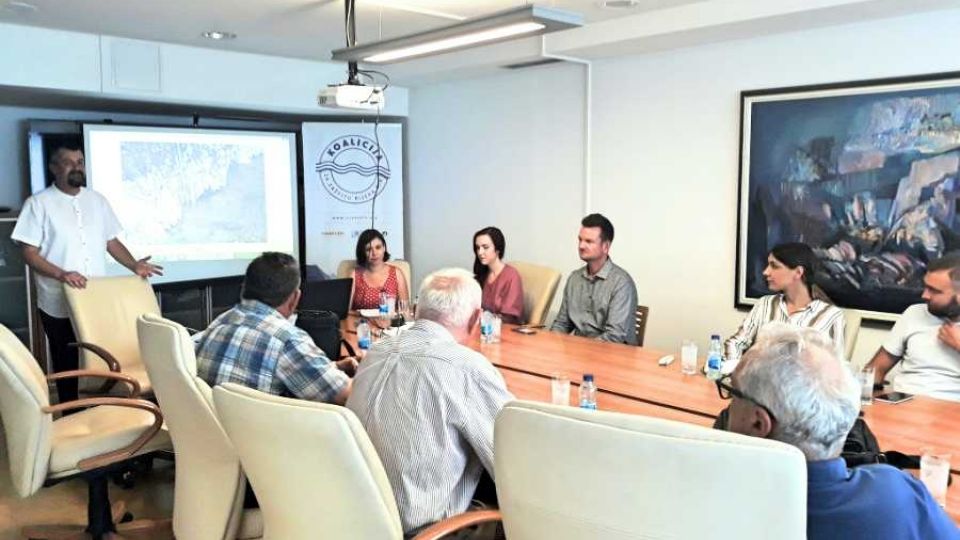The environmentally acceptable flow must be regulated in order for sustainable river use and management. Climate change, specificities of water regimes and use in different seasonal aspects, as well as the existing water infrastructure, should be taken into account. All those are conclusions of a seminar on the environmentally acceptable flow that was held on the occasion of the World Environment Day by the Center for the Environment and Arnika in cooperation with the Ministry of Agriculture, Forestry and Water Management of the Republic of Srpska.
Governmental representatives, officials, and environmentalists agreed that it is necessary to develop regulation for environmental acceptable flow immediately. Regulation should take into account various methodologies for flow calculation used around the world. Methods should adapt to local specificities and allow for different possibilities of implementation.
The result of the lack of regulation is visible already and were shown to participants. Photos of dry riverbeds caused by hydropower plants (HPP) construction were taken by the Center for the Environment and Arnika during field monitoring. These photos prove the situation is already disastrous in some places.
The seminar was attended by representatives of the public institutions Waters of Republika Srpska, Water Inspectorate of Republica Srpska, the Federal Ministry of Agriculture, Forestry and Water Management of Bosnia and Herzegovina, the Ministry of Spatial Planning, Civil Engineering and Ecology of the Republika Srpska, the Republic Hydro-Meteorological Institute, the Republic Institute for the Protection of the Cultural, Historical and Natural Heritage of the Republika Srpska, and also by the ecological and angler associations.
Further consultations and organization of similar seminars on this topic are necessary in order to achieve greater understanding and support for the development, implementation, and regulation of agreed upon environmentally acceptable flow according to the participants.

The seminar was implemented through a project financially supported by the Ministry of Foreign Affairs of the Czech Republic within the framework of the Transition Promotion Program and with the support of the Co-Seed project funded by the European Union.







